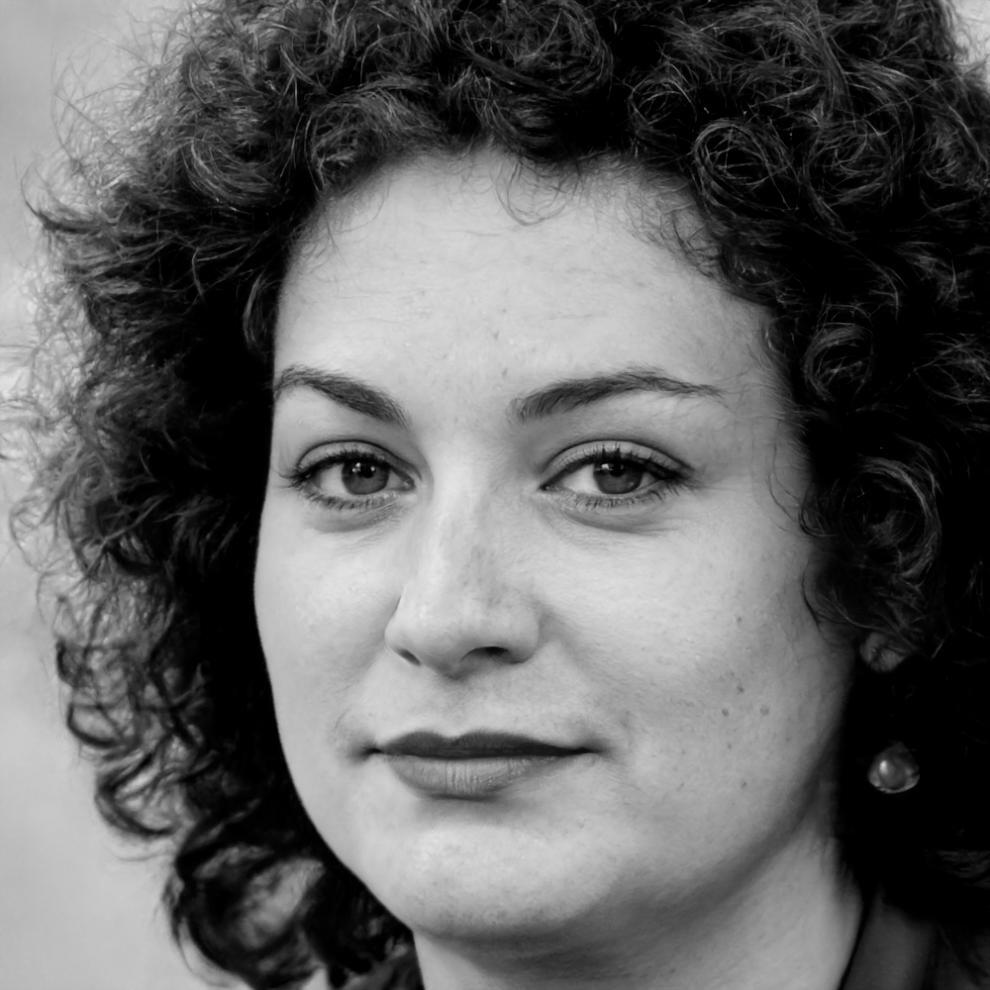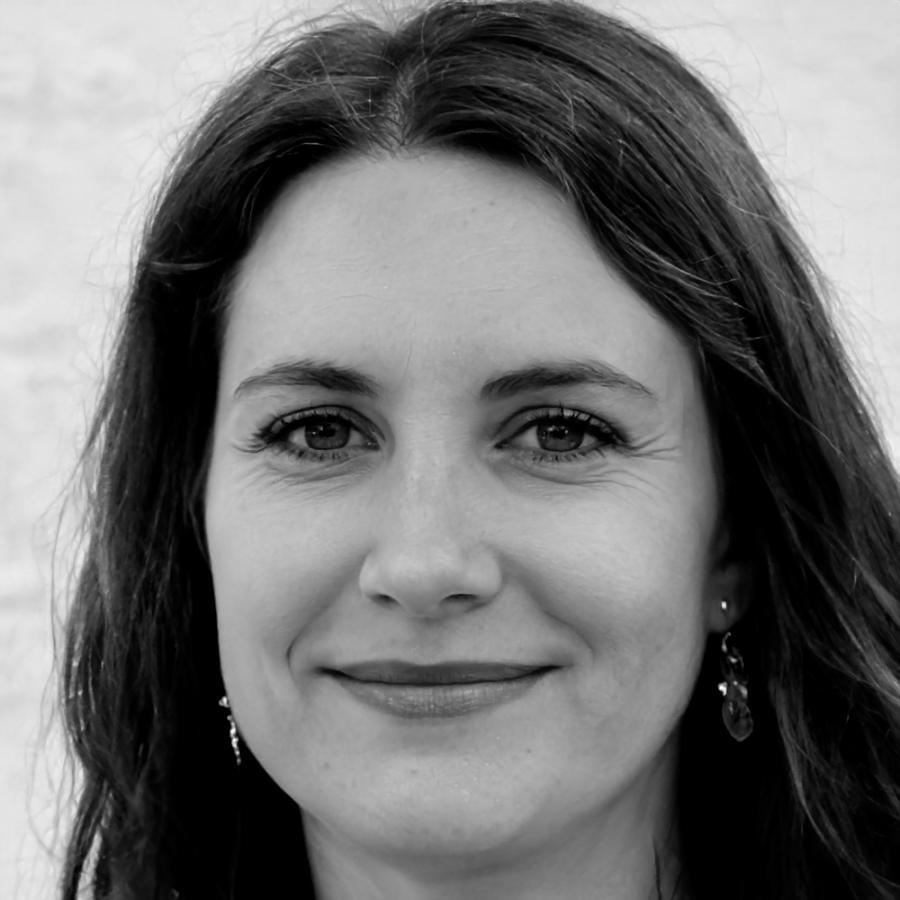Building Startups From Scratch
Most people have an idea. Some sketch it out on paper. But turning that napkin drawing into something real—something that actually works and brings in customers? That's where things get complicated.
We've spent years watching founders make the same expensive mistakes. So we built a program that walks you through what actually matters when you're starting out. No theory marathons. Just practical work on your own startup idea with people who've done this before.

How We Approach Learning
There's a difference between knowing startup terminology and actually building one. We focus on the second part. Each week builds on what came before, but you're working on your real idea the whole time.
Foundation Work
Week one is all about testing whether your idea solves a problem people actually have. Not what you think they need—what they'll open their wallet for.
You'll talk to potential customers before writing any business plans. That order matters more than you'd think.
- Customer discovery interviews
- Problem validation methods
- Market size estimation
- Competition mapping exercises
Building Phase
Weeks five through nine get technical. You'll figure out what you actually need to build for a first version—and what can wait until later when you have paying customers.
This is where we see founders waste the most money. Building features nobody asked for burns through cash fast.
- MVP scope definition
- Technical architecture basics
- Development partner selection
- Budget allocation strategies
Launch Preparation
The final weeks focus on getting your first customers through the door. Marketing sounds expensive, but there are ways to test your message before spending big.
We'll work through pricing, positioning, and how to measure what's working without getting lost in vanity metrics.
- Go-to-market strategy
- Pricing model development
- Sales process creation
- Key metric identification

Saskia Venhuizen
Program LeadBuilt and sold two SaaS companies. Now she helps founders avoid the mistakes that nearly sank her first venture. Her approach is practical and sometimes brutally honest.

Freya Lindbeck
Business MentorFormer CFO who's worked with early-stage startups for twelve years. She teaches financial planning in a way that doesn't require an accounting degree to understand.
Weekly Breakdown
July 2026 Program Details
Our next cohort begins July 14, 2026. We keep groups small—maximum fifteen participants—so everyone gets direct feedback on their specific situation. Classes meet Tuesday evenings in Aranda and Saturday mornings online.
This isn't the kind of program where you can coast through. You'll need to put in work between sessions, and some weeks will be harder than others depending on where you're stuck.
Get Program Information